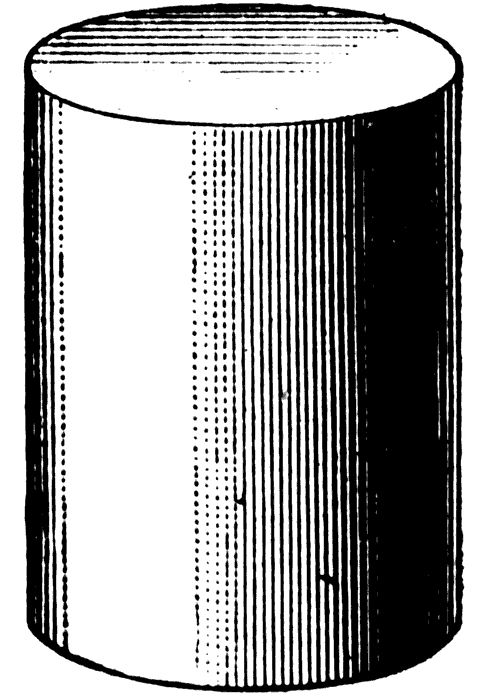 |
American Literature: Romanticism research assignment Student Research Submissions 2015 Research Post 1 |
 |
Niki Bippen
For centuries, Edgar
Allan Poe has been synonymous with the horror and gothic genres.
It is nearly impossible to find someone who is
not at least vaguely familiar with his work.
This is due to the fact that Poe has long since
been considered the master of horror and is one of the best when it comes to
creating visually haunting works that leave a lasting impression in one’s mind.
H.P. Lovecraft even acknowledges Poe as being
one of the most important writers of the time: “it would be hard for any mature
and reflective critic to deny the tremendous value of his work and the pervasive
potency of his mind as an opener of artistic vistas” (“Supernatural
Horror in Literature”).
While Poe set the standard for future writers,
he unintentionally created a shadow that made it hard for said writers to step
into the light and gain notoriety.
This is not to say
that some have not stepped out of Poe’s Shadow.
Dean Koontz and Stephen King both successfully
did and are international best sellers.
Unfortunately, this is simply not the case with
H.P. Lovecraft.
For the most part, Lovecraft only exists today
because of a dedicated cult-like following devoted to keeping his name alive and
random popular culture devices that borrow Lovecraftian themes and ideas
(particularly Cthulhu).
Despite his followers’ best attempts and the
fact that he is often credited as the father of Sci-Fi horror, Lovecraft never
seems to find his way into the literature canon much less people’s shelves.
Why is this the case?
One critic theorizes that “he
biggest barrier to Lovecraft's mainstream acceptance had been his status as a
writer of horror fiction--a field of literature that suffers from the suspicion
that its readers take a perverse delight in graphic descriptions of torture and
murder. This is an unfortunate misunderstanding, brought on in part by the sad
fact that some horror books and movies really are no better than this” (Miller,
“Master of Modern Horror”).
Others accuse
Lovecraft of not being a good author stylistically, and Farber wholeheartedly
agrees with this.: “His whole career seems an
effective protest against ‘natural laws,’ against genuine scholarship and
against literary craftsmanship" (Farber, “Poesque Doodles”).
I suppose in short that the
reason why H.P. Lovecraft never finds himself in the literature canon is due in
part that there is no room for him with Edgar Allan Poe soaking up the bulk of
the spotlight.
Horror tends to hold little value; it is mostly
an escape from reality with cheap thrills so there is little room for multiple
horror writers in an already full canon.
Since Edgar Allan Poe comes before Lovecraft
and is responsible for influencing authors, poets, and producers around the
world, there likely is no need to add Lovecraft to the canon, especially
considering that most critics think that “stylistically Lovecraft’s work never
rises above a kind of earnest mediocrity” (Wilson, “H(oward) P(hillips)
Lovecraft”).
As to why Lovecraft is not as
popular as other horror writers today, it is likely due to the fact that he
remains underground for the most part.
Chances are unless you have friends who are
interested in Lovecraft or stumbled across him by accident, you probably will
never cross his path.
His books are rarely eye-level at Barnes and
Noble and never on the ‘Featured Reading List’ pile so he’s very easy to miss
unless you go looking for him deliberately.
Essentially, “Lovecraft
achieved a kind of ‘famous obscurity’ as an amateur and later as a pulp writer”
(Farber, “Poesque Doodles”).
This is to say that, unless you know who you
are looking for, you will likely miss him.
Another nail in the proverbial
coffin may be the fact that a lot of his work is wordy or difficult to get
through.
Some of the “prose is reportorial, brisk, [and]
businesslike” which can easily make the story seem dry and drawn out (Wilson,
“H(oward) P(hillips) Lovecraft”).
While this seems to work in the case of
Cthulhu, it does not work for every story.
Wilson is also quick to point out that that
“there is a contrast between the scientific interest of what [Lovecraft] is
describing and the emotion he wants to arouse, so the reader is always wondering
why
he
considers it frightening rather than fascinating”
(“H(oward) P(hillips) Lovecraft”).
Simply put, Lovecraft tries too hard to scare
his audience.
Instead of focusing on style and content, he is
completely zoned in on the scare factor.
Another nail in that coffin may
be the fact that a lot of his work is not the easiest to get through and
stylistically can be rough.
Lovecraft tends to be wordy, strange, and a lot
of his published work is obviously a rough draft that he never went back to
polish.
If someone stumbles across these rough drafts and uses
them as a basis to determine whether or not they will like Lovecraft, they can
easily be put off and never pick up another one of his pieces.
Even his popular “Cthulhu” series tends to be
very wordy and in some places, difficult to understand.
This piece tends to be the one people typically
find of his before any others (probably because of all the times it appears in
popular culture) and reflecting on my previous point, it can deter potential
fans.
Bibliography
Farber, Marjorie. "Poesque Doodles."
New York Times Book Review
(25 Feb. 1945): 16. Rpt. in Literature Resource
Center. Detroit: Gale, 2015.
Literature Resource
Center.
Web. 23 Feb. 2015.
Lovecraft, H.P. ""Supernatural Horror in Literature"
by H. P. Lovecraft." "Supernatural
Horror in Literature" by
H. P. Lovecraft. 20 Oct.
2009. Web. 23 Feb. 2015.
<http://www.hplovecraft.com/writings/texts/essays/shil.aspx>.
Miller, John J. "Master of modern horror."
Claremont Review of Books
Spring 2014: 64+. Literature Resource Center.
Web. 2 Mar. 2015.
Wilson, Colin. "H(oward) P(hillips) Lovecraft."
Science Fiction Writers:
Critical Studies
|
|
|
|


